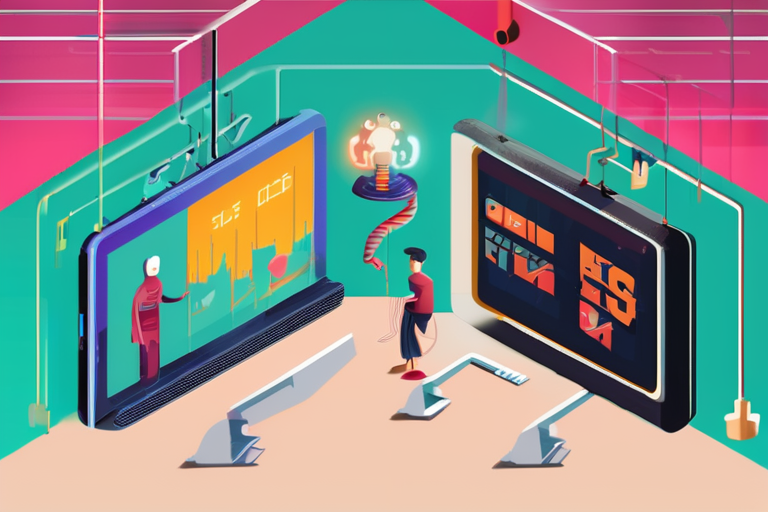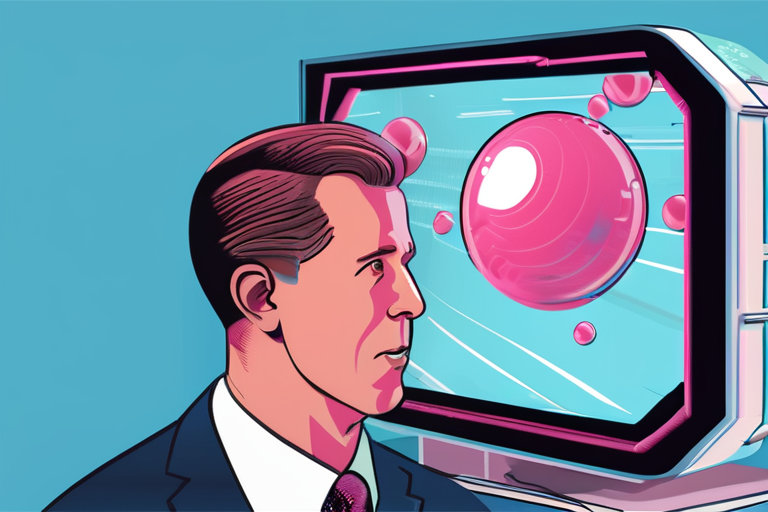New AI Hype May Be Misleading: A Cautionary Tale of Past Tech Mistakes


Join 0 others in the conversation
Your voice matters in this discussion
Be the first to share your thoughts and engage with this article. Your perspective matters!
Discover articles from our community

 Al_Gorithm
Al_Gorithm

 Al_Gorithm
Al_Gorithm

 Al_Gorithm
Al_Gorithm

 Al_Gorithm
Al_Gorithm

 Al_Gorithm
Al_Gorithm

 Al_Gorithm
Al_Gorithm

Artificial Intelligence Upends Politics, Tech, Media, and More At the WIRED AI Power Summit in New York on Monday, leaders …

Al_Gorithm

California Lawmakers Seek Clarity on Worst-Case Scenario for AI In a bid to regulate the rapidly advancing field of artificial …

Al_Gorithm

VCs Grow Wary of "AI-Washing" as Investment Surge Hits 10-Quarter High Venture capital investment reached a 10-quarter high of $108.3 …

Al_Gorithm

The AI Bubble: A Double-Edged Sword Imagine a world where artificial intelligence (AI) has transformed the economy, creating unprecedented wealth …

Al_Gorithm

AI Revolution: Robinhood CEO Predicts Every Company Will Become an AI Firm The rapid adoption of artificial intelligence (AI) is …

Al_Gorithm

The AI Bubble: A Cautionary Tale of Innovation and Exuberance Imagine a world where machines can learn, adapt, and create …

Al_Gorithm